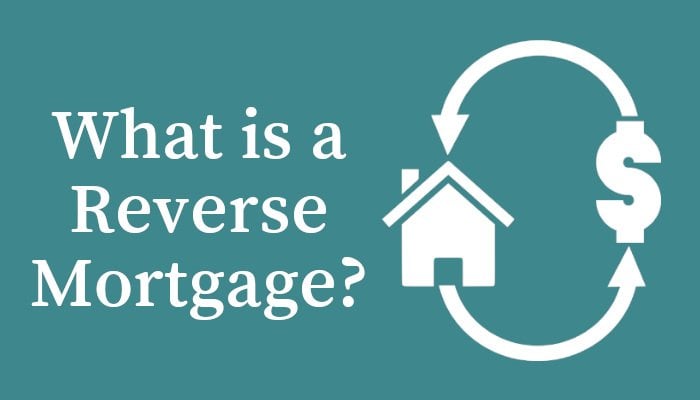What Is A Reverse Mortgage?
A reverse mortgage is a financial agreement tailored for homeowners aged 62 and older, allowing them to convert part of the equity in their home into cash without having to sell their home, give up title, or take on a new monthly mortgage payment. Instead, the flow of payments is reversed, with the lender making payments to the homeowner.
How It Works
With a reverse mortgage, the homeowner is borrowing against the equity of their home. Over time, the loan balance grows as the homeowner receives payments and interest accumulates, while the home equity decreases. The loan is not due for repayment until the borrower moves out, sells the home, or passes away. At that point, the home is typically sold, and the proceeds are used to pay off the loan.
Pros of Reverse Mortgages
1. **Increased Cash Flow**: It provides seniors with a steady stream of income or a lump sum of money, enhancing their financial flexibility in retirement.
2. **No Monthly Mortgage Payments**: Borrowers are not required to make monthly payments towards the loan balance, although they must continue to pay property taxes, homeowners insurance, and maintain the home.
3. **Stay in Your Home**: It allows seniors to remain in their homes while accessing the equity they have built up.
4. **Flexible Payout Options**: Borrowers can choose how they receive the funds, whether it’s a lump sum, monthly payments, a line of credit, or a combination.
Cons of Reverse Mortgages
1. **Fees and Costs**: Reverse mortgages can come with high closing costs, insurance premiums, and interest rates, which can significantly eat into a homeowner’s equity.
2. **Impact on Estate**: Because the loan balance increases over time, there may be little to no equity left for heirs. This means less inheritance for the homeowner’s family.
3. **Requirement to Stay in the Home**: If the homeowner moves out for more than 12 consecutive months, even for medical reasons, the loan becomes due. This can pose a problem if long-term care outside the home becomes necessary.
4. **Impact on Government Benefits**: The funds from a reverse mortgage could affect eligibility for certain need-based government benefits, such as Medicaid.
Is a Reverse Mortgage Right for You?
Deciding whether a reverse mortgage is the right option depends on your financial situation, your long-term goals, and your health. For those with substantial home equity, who wish to stay in their home and need additional income to cover living expenses in retirement, a reverse mortgage could be a valuable tool. However, it’s crucial to weigh the pros and cons carefully.
Before proceeding, it’s advisable to consult with a financial advisor and a reverse mortgage counselor to fully understand how a reverse mortgage works and its impact on your financial future. Understanding the nuances of this financial product can help ensure it aligns with your retirement planning and estate considerations.

